Beyond general health, what specific vitamin or mineral is particularly crucial for supporting healthy testosterone levels in men?
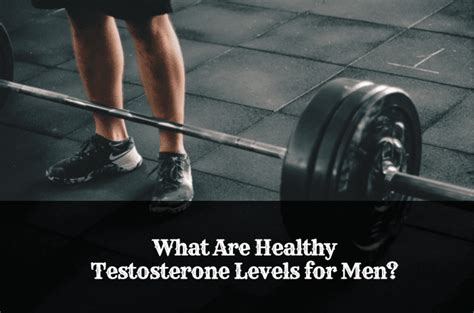
The intricate dance of hormones governing male health is influenced by a myriad of factors, with nutrition playing a foundational role. While a balanced diet rich in essential vitamins and minerals is undeniably crucial for overall well-being, leading indirectly to healthy hormonal function, there exists a specific micronutrient whose direct involvement in testosterone synthesis and regulation stands out: Zinc.
The Unsung Hero: Zinc’s Pivotal Role in Male Hormonal Health
Among the vast array of vitamins and minerals, zinc emerges as a particularly critical player in maintaining optimal testosterone levels in men. This essential trace mineral is not just a participant in general metabolic processes; it is directly implicated in the biochemical pathways that govern male hormone production, making it indispensable for reproductive health and vitality. Its significance extends beyond simply being “good for you” – it’s a specific, active component of the testosterone machinery.
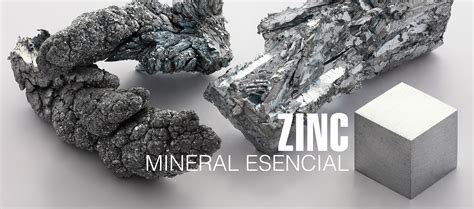
How Zinc Directly Influences Testosterone Production
Zinc’s influence on testosterone is multifaceted. Firstly, it plays a vital role in the pituitary gland, stimulating the release of luteinizing hormone (LH), which in turn signals the testes to produce testosterone. Without adequate zinc, this crucial signaling pathway can be compromised. Secondly, zinc acts as a co-factor for various enzymes involved in testosterone synthesis. It’s essential for the enzyme 17β-hydroxysteroid dehydrogenase, which converts androstenedione to testosterone.
Furthermore, zinc has been shown to inhibit the enzyme aromatase, which converts testosterone into estrogen. By modulating aromatase activity, zinc helps maintain a healthy testosterone-to-estrogen ratio, preventing an undesirable drop in free testosterone levels. Its antioxidant properties also protect Leydig cells in the testes, which are responsible for testosterone production, from oxidative stress and damage, ensuring their optimal function.
Recognizing and Addressing Zinc Deficiency
Given its critical role, even a mild zinc deficiency can have noticeable repercussions on male hormonal health. Symptoms of low zinc can include reduced libido, impaired sperm quality, fatigue, mood disturbances, and a weakened immune system. Studies have consistently demonstrated that zinc supplementation in men with marginal deficiency can significantly increase serum testosterone levels. This highlights the direct link between adequate zinc intake and robust testosterone production.
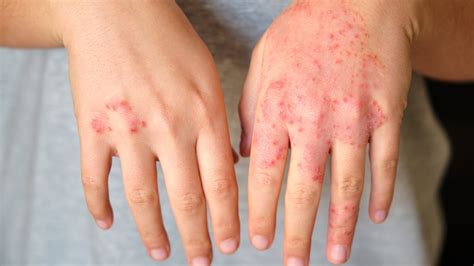
Optimal Dietary Sources of Zinc
Ensuring sufficient zinc intake is paramount. The best dietary sources are animal-based, particularly red meat, poultry, and shellfish (especially oysters, which are extraordinarily rich in zinc). Plant-based sources include nuts (like cashews and almonds), seeds (pumpkin, sesame), legumes, and whole grains, though the phytates in these foods can inhibit zinc absorption. For men concerned about their testosterone levels, incorporating these zinc-rich foods into their regular diet is a fundamental step.

Considerations for Supplementation
While diet should always be the primary source, zinc supplementation can be beneficial for those with confirmed deficiencies or limited dietary intake. The Recommended Dietary Allowance (RDA) for adult men is 11 mg per day. However, it’s crucial not to overdo it, as excessive zinc intake (typically above 40 mg/day from supplements) can lead to adverse effects, including copper deficiency and immune system suppression. Consulting with a healthcare professional before starting any supplementation regimen is always advised to determine appropriate dosage and avoid potential imbalances.
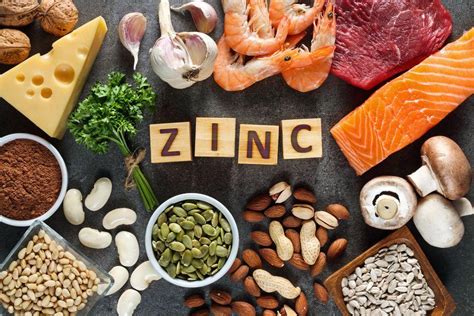
Beyond Zinc: A Holistic Approach to Testosterone Health
While zinc is uniquely important, it’s essential to remember that it operates within a complex physiological system. Other nutrients, such as Vitamin D and Magnesium, also play significant roles, as do lifestyle factors like adequate sleep, regular exercise, and stress management. Maintaining a healthy weight and avoiding excessive alcohol consumption are also critical. Zinc, therefore, should be seen as a key component of a comprehensive strategy for supporting healthy testosterone levels, rather than a standalone miracle cure.
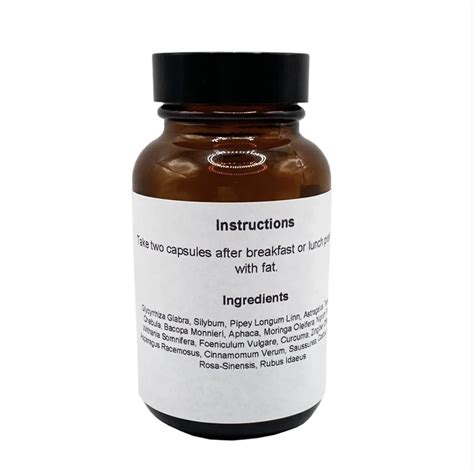
Conclusion
In the quest to optimize male hormonal health, while a broad spectrum of nutrients contributes to overall vitality, zinc emerges as a particularly indispensable mineral for directly supporting healthy testosterone levels. Its fundamental roles in hormone synthesis, regulation, and protection underscore its specific importance. By ensuring adequate zinc intake through a balanced diet and, if necessary, targeted supplementation under professional guidance, men can take a significant step towards bolstering their testosterone and overall well-being.








